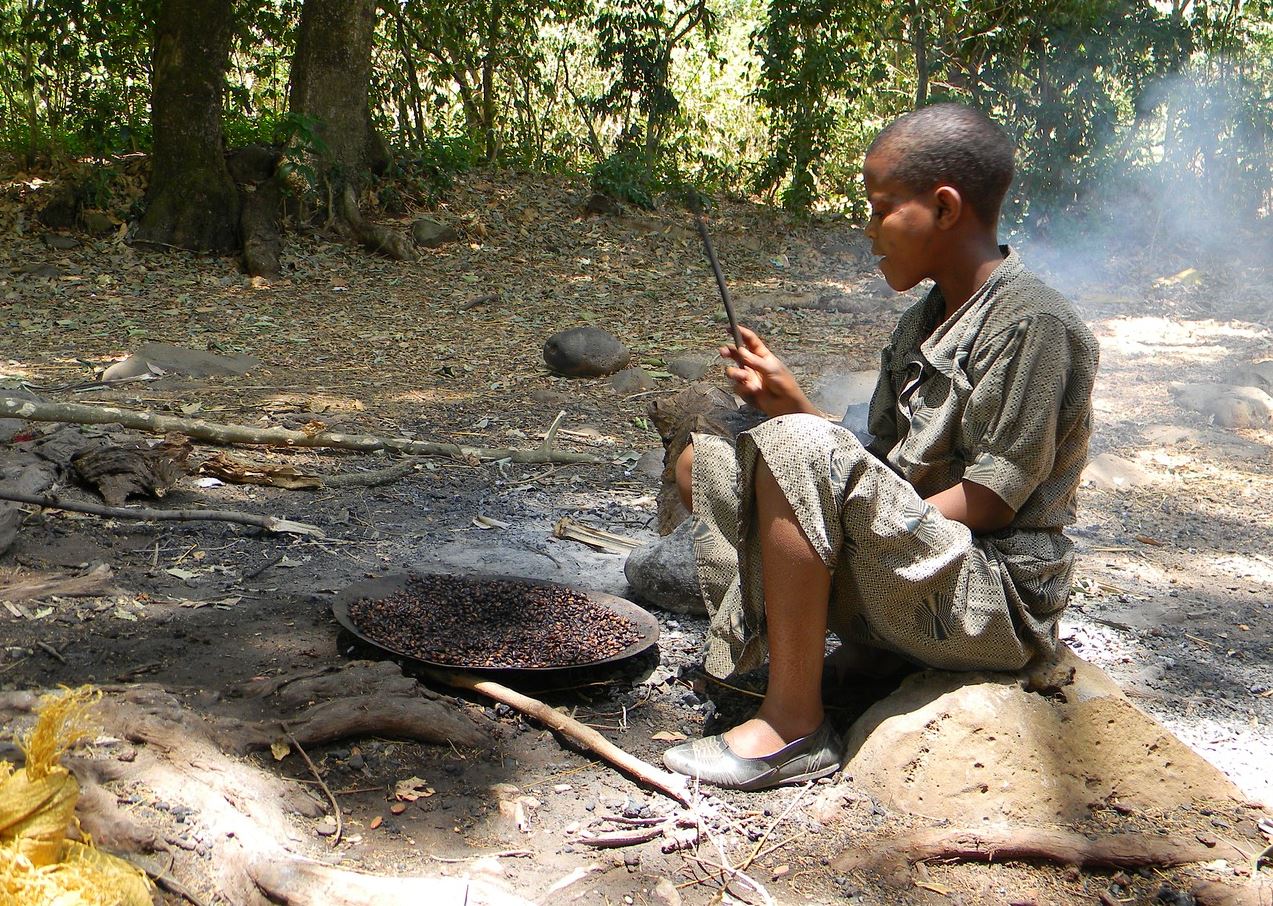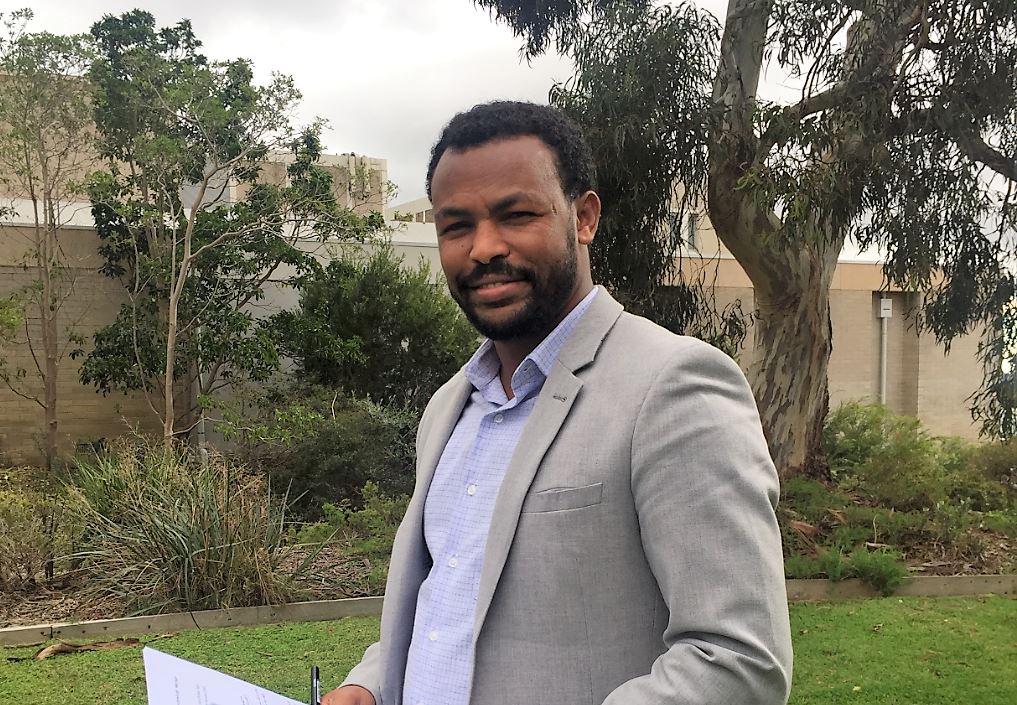
Free public antiretroviral therapy programs have been available for more than a decade in Southwest Ethiopia to address spiralling HIV-AIDS related deaths.
However, Flinders University researchers have found that early mortality rates among those who have access to the drugs is still high.
The research paper - Early Mortality Among Children and Adults in Antiretroviral Therapy Programs (ART) in Southwest Ethiopia, 2003-15 – assesses the impact of antiretroviral therapy (ART) medications that treat HIV.
These drugs do not destroy the virus, but when taken in combination they can prevent the growth of the virus. When the virus is slowed down, so is HIV disease, but inconsistent uptake of ART medications in Southwest Ethiopia is evident through higher-than-expected mortality rates among those who started the therapy program.
Flinders University Public Health PhD candidate Hailay Abrha Gesesew, who conducted the research with help from Flinders’ Professor Paul Ward and Associate Professor Lillian Mwanri, and colleagues at Jimma University in Ethiopia, says it is worrying that the ART treatment program is not having the expected positive affect across the HIV-affected population.
“Ethiopia has scaled up universal antiretroviral therapy coverage since 2005, offering the drugs for free, but powerful social stigmas attached to the disease mean that many people are reluctant to be seen in clinics,” says Mr Gesesew.
“This results in a patchy uptake of the necessary treatment drugs by HIV sufferers, and ultimately a high rate of death within two years of ART, despite the prevalence of medications being offered.”
Retrospective analysis of 5299 patient records from June 2003 to March 2015 also found that HIV patients who were divorced or widowed were more likely to die early than people with partners or close family networks.
It signals that individuals without personal support networks suffering with the virus are especially vulnerable and tend to go without vital health assistance.
“We found that HIV patients who had low baseline CD4 count and advanced WHO clinical stage were more likely to die in their early ART follow up period,” he adds.
“Furthermore, patients who had no history of HIV testing before diagnosis were more likely to die than those who had history of HIV testing.”
Mr Gesesew says this research shows the need for much more frequent HIV testing in Ethiopia to enable more early implementation ART medications.
Details of these findings were published in PLOS ONE.

A Phase 2 study of Southwest Ethiopia’s ART programs has involved in-depth interviews with HIV patients, health workers, community advocates and program managers to better understand why these groups of HIV patients are at risk of negative HIV care outcomes.
These findings will be presented at the 4th International Conference on Public Health (ICOPH 2018) in Bangkok between July 19 and 21, 2018.
Mr Gesesew says the research points to a need for change in the way Ethiopia promotes its methods of HIV treatments so they are better understood and accepted across the community.
“There needs to be greater collaboration between traditional healers and modern medical carers in order to get greater acceptance of ART treatment,” says Mr Gesesew.
“This needs to happen to improve confidence among the broad community in Ethiopia in modern medical treatments.”
‘Early mortality among children and adults in antiretroviral therapy programs in Southwest Ehtiopia, 2003-15, by HA Gesesew, P Ward, K Woldemichael and L Mwanri, was published on 18 June 2018 in PLOS ONE here

